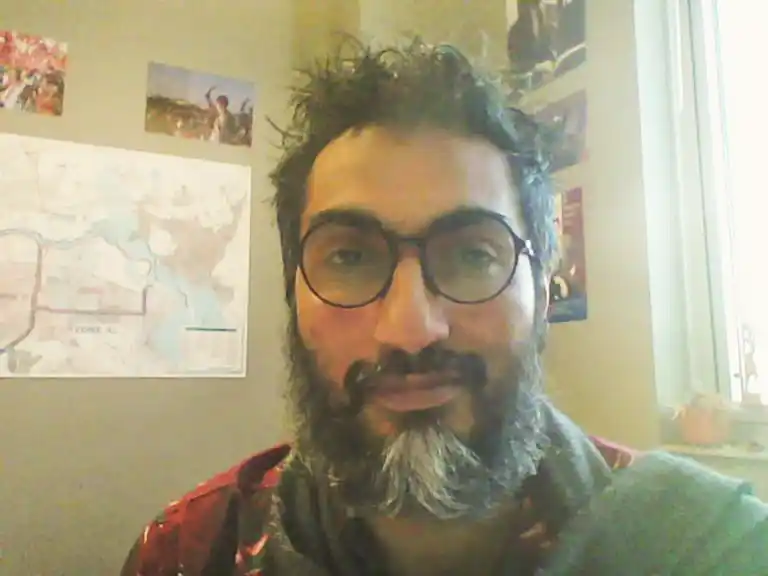Swamy Investigates Complex Catastrophic Events in New Book

Raja Swamy is currently studying the temporal dimensions of natural and technological hazards on the one hand, and social and physical vulnerability on the other. This research is directed towards his new book tentatively titled A Critical Disaster Studies Manifesto, which aims to provide a comprehensive framework for investigating complex catastrophic events and processes.
Extending the conceptual limits of the term “disaster” and drawing upon research conducted in Houston and South India, he places everyday life at the center of analysis, by examining how rhythms of the everyday facilitate or impinge upon the capacities of human beings to secure and maintain physical and social well-being, especially when contending with systemic economic, social and political inequalities and injustices. Focusing on the everyday enables a reckoning with the myriad processes that produce catastrophic events, as hazardous threats proliferate in the era of climate change. These threats may include various anthropogenic systems and processes such as extractive capitalism.
While bringing attention to the insidious undergirding of disaster vulnerability in everyday processes and relations, Raja will also use his book to make a strong case for considering the transformative possibilities of collective social change as beleaguered and marginalized populations sometimes fight back for a better economic and ecological future, especially when catastrophic situations throw into doubt long-held assumptions about the everyday.